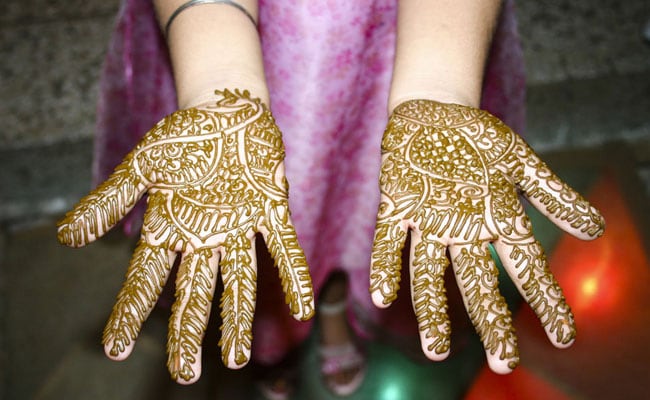
UNICEF (Representational) said there were 290 million child brides in the region
New Delhi:
South Asia is home to the highest number of child brides in the world, according to new estimates released by UNICEF on Wednesday, as financial pressures and school closures due to COVID-19 forced families to marry off their young daughters.
There were 290 million child brides in the region, accounting for 45% of the global total, the UN children’s agency said, calling for more efforts to end the practice.
“The fact that South Asia has the highest burden of child marriage in the world is nothing short of tragic,” Noala Skinner, UNICEF’s regional director for South Asia, said in a statement.
“Child marriage prevents girls from learning, puts their health and wellbeing at risk and compromises their future. Every girl who is married as a child is one girl too many.”
A new study conducted by the agency that also included interviews and discussions across 16 locations in Bangladesh, India and Nepal found that many parents saw marriage as the best option for daughters, who had to face the COVID lockdown There were limited options to study during.
The legal age of marriage for women is 20 in Nepal, 18 in India, Sri Lanka and Bangladesh, and 16 in Afghanistan. In Pakistan it is 16 years, except in Sindh province, where the minimum age is 18 years.
The UN study also found that families were forced to marry their daughters at an early age due to financial constraints during the pandemic to reduce expenses at home.
The agency said possible solutions identified in the discussions included implementing social protection measures to combat poverty, protecting every child’s right to education, ensuring an adequate framework for law enforcement, and addressing social norms. and effort is involved.
“We must further strengthen partnerships to empower girls and equip them with skills through education, including comprehensive sex education, while supporting communities to end this deeply rooted practice,” Björn Andersen , said the Asia-Pacific regional director. United Nations Population Fund.
(Except for the headline, this story has not been edited by NDTV staff and is published from a syndicated feed.)